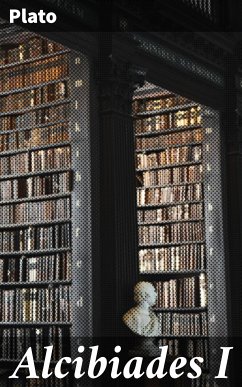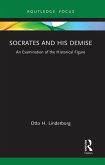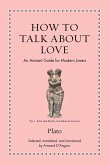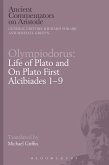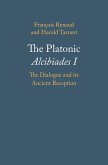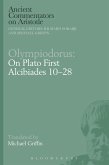In "Alcibiades I," Plato artfully intertwines philosophical dialogue with the realms of political ambition and self-knowledge. Set as a conversation between Socrates and the youthful Alcibiades, the work delves into themes of virtue, the nature of the soul, and the essential relationship between personal integrity and governance. Through Socratic questioning, Plato'Äôs literary style exemplifies the dialectical method, allowing the characters to traverse complex ideas about self-awareness and moral responsibility, reflective of the charged political atmosphere of Athens in the 5th century BCE. Plato, a student of Socrates and a pivotal figure in Western philosophy, penned this dialogue during a period marked by the tumult of Athenian democracy and the rise of powerful individuals like Alcibiades. His philosophical inquiries often mirrored his concerns about the moral decay of society and the implications of leaders lacking self-knowledge. Plato's interactions with Socrates and the subsequent disillusionment with political authority deeply influenced his dialogues, shaping his exploration of ethics and the ideal state. I highly recommend "Alcibiades I" for readers seeking insight into the foundations of political philosophy and the cultivation of personal virtue. This dialogue not only serves as a critical historical document but also as a timeless text that challenges readers to evaluate their own ethical standings and roles as citizens, making it an essential addition to the study of philosophy.
Dieser Download kann aus rechtlichen Gründen nur mit Rechnungsadresse in A, B, BG, CY, CZ, D, DK, EW, E, FIN, F, GR, H, IRL, I, LT, L, LR, M, NL, PL, P, R, S, SLO, SK ausgeliefert werden.

